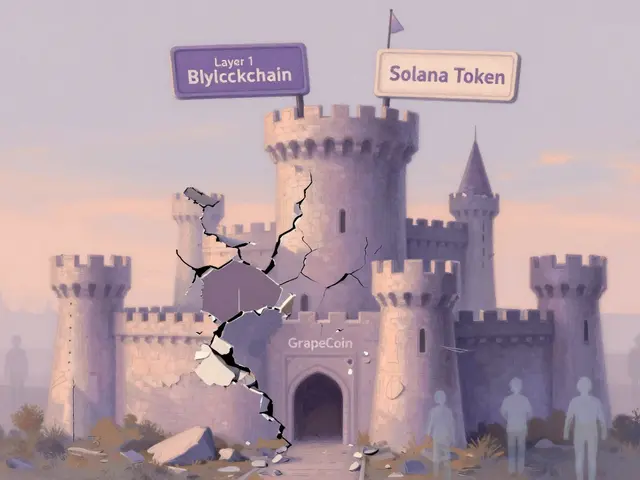Mastodon – Your Guide to Decentralized Social Networking
When working with Mastodon, an open‑source, federated social network that runs on the ActivityPub protocol. Also known as a decentralized microblogging platform, it lets users host their own servers while staying connected to a larger network of instances. Mastodon empowers communities to control data, avoid corporate censorship, and even integrate crypto wallets for tipping. In short, Mastodon encompasses federated social networking, requires the ActivityPub standard, and influences how the crypto community engages online.
Key Building Blocks Behind Mastodon
Another core piece is ActivityPub, a W3C protocol that enables different servers to share posts, follows, and likes across a network. Also called the "federation protocol," ActivityPub makes it possible for Mastodon instances to talk to each other without a central authority. Because of this, the platform supports decentralized social media, a category of services where users own their data and can migrate between servers freely. This architecture appeals to crypto enthusiasts who value privacy and permissionless innovation, and it opens the door for token‑based rewards, NFT avatars, and on‑chain verification of content authenticity.
Our collection below reflects how Mastodon intersects with broader trends. You’ll find guides on crypto airdrops that thrive on decentralized platforms, analysis of regulatory moves that affect both social media and digital assets, and deep dives into blockchain voting systems that share Mastodon’s transparency goals. Whether you’re a newcomer curious about setting up an instance, a developer looking to integrate ActivityPub, or a crypto trader hunting the next community‑driven token, the posts ahead give you practical steps and real‑world examples.
Ready to explore? Scroll down to discover detailed how‑tos, market insights, and security tips that all tie back to Mastodon’s unique, federated world.

Explore how decentralized content platforms work, see top options like Mastodon and Lens, and learn the benefits, challenges, and steps to start creating on Web3 social networks.
Jonathan Jennings Nov 5, 2024




